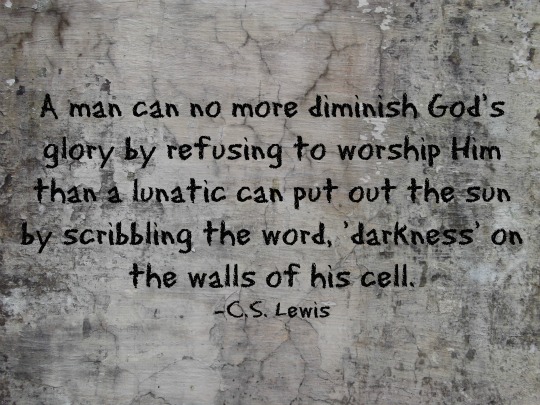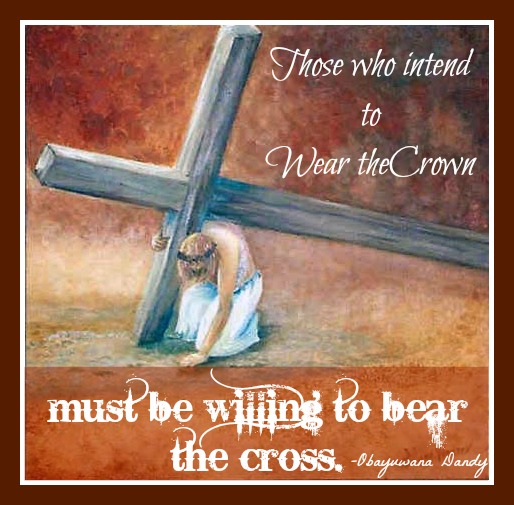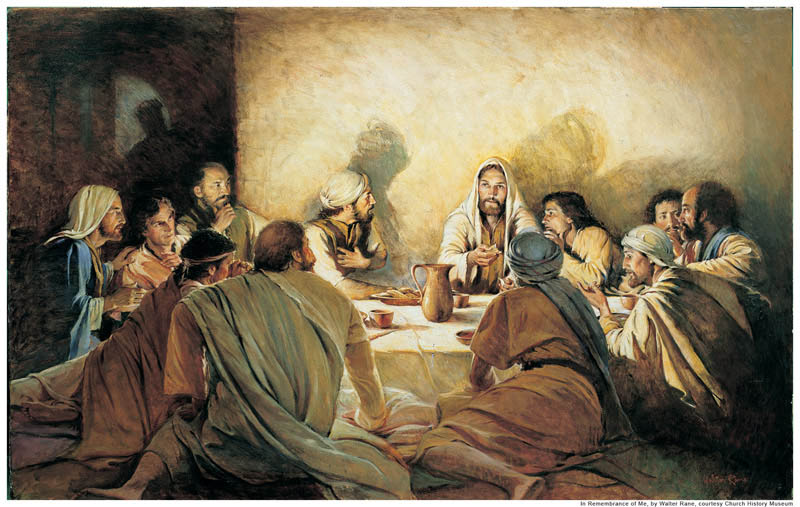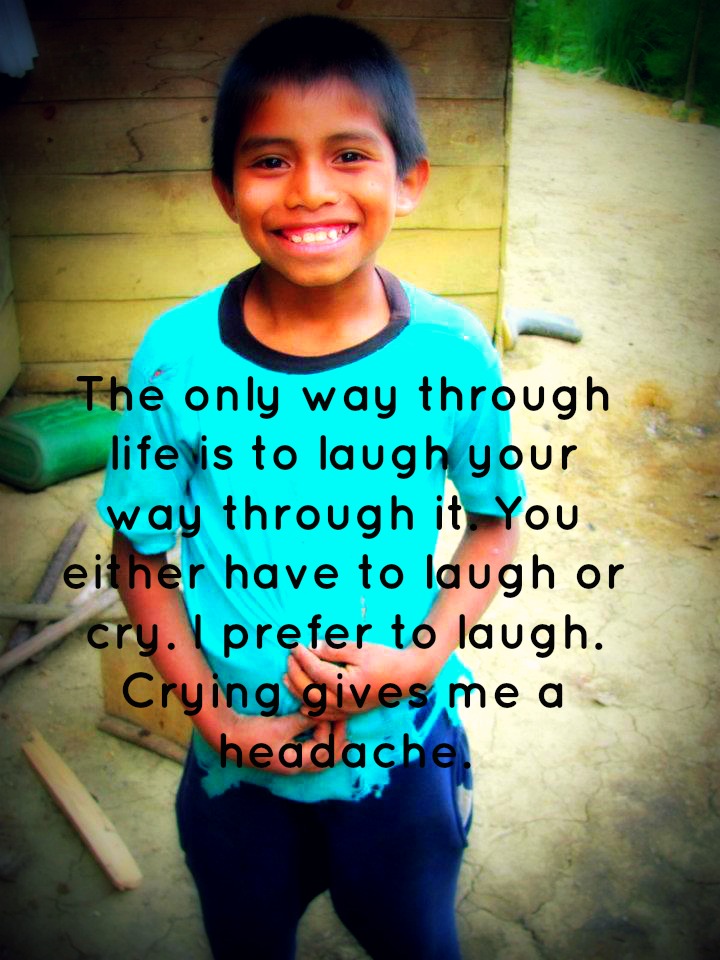
by dwhite | Jan 31, 2013 | Mormon Beliefs: Christian Values
In society today there is an indelible line between the spiritual and the scientific, but this was not always so. Though many scientists today may say that in the past, it was only ignorance that bound science and religion together, there are some people involved in both who see no conflicting teachings. Critics of religion often argue that since there is no physical evidence for God, then He must not exist. This argument is flawed because it is assuming that the only evidence for a Supreme Being must be measurable and quantifiable through our five senses. Those who have had meaningful spiritual experiences, though, know with a certainty that modern science scoffs at that there is a God. How can they know? Through another sense just as valid as the five we usually discuss, but one which is personal and spiritual.
 Spiritual experiences touch a person’s heart and soul in a very real, very personal way. It is hard to find words to describe these experiences because they are, quite literally, not of this world. This does not mean that any spiritual experience involves visions of angels or divine manifestations; it simply means that the wisdom of men falls far below the wisdom of God. He does not express Himself in the same way we do to each other. (more…)
Spiritual experiences touch a person’s heart and soul in a very real, very personal way. It is hard to find words to describe these experiences because they are, quite literally, not of this world. This does not mean that any spiritual experience involves visions of angels or divine manifestations; it simply means that the wisdom of men falls far below the wisdom of God. He does not express Himself in the same way we do to each other. (more…)
Doris White is a native of Oregon and graduated from Brigham Young University with a degree in English and a minor in Editing. She loves to talk with others about the gospel of Jesus Christ.

by Terrie Lynn Bittner | Jan 30, 2013 | Mormon Beliefs: Christian Values
The actual name of the church Mormons belong to is The Church of Jesus Christ of Latter-day Saints. Although outsiders most often use the term Mormon to refer to the members, Mormons themselves usually shorten the name of the church to LDS and say that they are LDS—Latter-day Saints. Some people find that offensive because they view the term the way Catholics and members of some other churches use it. For these people, the term is reserved for a very small number of holy people.
 Mormons use the term because it is the one used in the New Testament. New Testament followers of Jesus did not call themselves Christians. That term is used just three times, and always in a context that suggests it was used by outsiders to refer to them, in the same way it was outsiders who first referred to the Latter-day Saints as Mormons. Eventually, Mormons accepted the name and even used it themselves for the name of their world famous Mormon Tabernacle Choir. However, they ask that it be used only to refer to the people, not to the Church itself. Christians, likewise, eventually took the name of Christian onto themselves as a way to identify themselves as followers of Christ. However, it was not the name they originally chose. (more…)
Mormons use the term because it is the one used in the New Testament. New Testament followers of Jesus did not call themselves Christians. That term is used just three times, and always in a context that suggests it was used by outsiders to refer to them, in the same way it was outsiders who first referred to the Latter-day Saints as Mormons. Eventually, Mormons accepted the name and even used it themselves for the name of their world famous Mormon Tabernacle Choir. However, they ask that it be used only to refer to the people, not to the Church itself. Christians, likewise, eventually took the name of Christian onto themselves as a way to identify themselves as followers of Christ. However, it was not the name they originally chose. (more…)
The late Terrie Lynn Bittner—beloved wife, mother, grandmother, and friend—was the author of two homeschooling books and numerous articles, including several that appeared in Latter-day Saint magazines. She became a member of the Church at the age of 17 and began sharing her faith online in 1992.

by dwhite | Jan 29, 2013 | Mormon Beliefs: Christian Values
There has been a good deal of discussion lately, even in scientific forums, about what makes Mormons (more accurately, Latter-day Saints—members of The Church of Jesus Christ of Latter-day Saints) stand out physically from other people. Some people are quite skeptical that this difference exists at all, but in the November/December 2012 issue of Psychology Today, the cover story (“What’s in a Face?” by Jena Pincott) referenced this issue. The story’s abstract said, “From spotting the ‘Mormon Glow’ to intuiting sexuality, criminality, and leadership ability, we make snap judgments about people that are remarkably accurate. It’s one of the brain’s oldest tricks –a matter of self-protection.”
 Nicholas Rule, assistant professor at the University of Toronto, decided to put his experience in the study of judgments people make based on appearances to the test on this issue and was surprised when he found that Latter-day Saints (“Mormons”) could pick out other Latter-day Saints from headshots more often than chance would allow. How could these people spot the “Mormon glow”? (more…)
Nicholas Rule, assistant professor at the University of Toronto, decided to put his experience in the study of judgments people make based on appearances to the test on this issue and was surprised when he found that Latter-day Saints (“Mormons”) could pick out other Latter-day Saints from headshots more often than chance would allow. How could these people spot the “Mormon glow”? (more…)
Doris White is a native of Oregon and graduated from Brigham Young University with a degree in English and a minor in Editing. She loves to talk with others about the gospel of Jesus Christ.

by Terrie Lynn Bittner | Dec 13, 2012 | Mormon Beliefs: Christian Values
Prayer is a powerful tool that can help us with all our life tasks, whether it involves employment, religion, or personal life. We can’t know everything, but when we need to do something important and moral, God stands ready to help us succeed. We do what we can and He makes up the difference.
The translation of the Book of Mormon into the Africaans language is an example of how we can appropriately use the power of prayer.
As the population of Mormons began to grow in Africa, it became important to translate the Book of Mormon into the native languages. Mormons—a nickname for members of The Church of Jesus Christ of Latter-day Saints—accept both the Book of Mormon and the Bible to be scripture. (more…)
The late Terrie Lynn Bittner—beloved wife, mother, grandmother, and friend—was the author of two homeschooling books and numerous articles, including several that appeared in Latter-day Saint magazines. She became a member of the Church at the age of 17 and began sharing her faith online in 1992.

by Terrie Lynn Bittner | Dec 6, 2012 | Mormon Beliefs: Christian Values
It’s always a challenge for Mormons when someone asks them if they are saved. The answer isn’t a simple yes or no, because Mormons don’t believe you can be saved by saying the right words and being done with it. It is a life-long event for Mormons, and so they might more correctly answer, “I’ve taken the first steps and now I’m working on continuing faithfully to the end.”
In 1998, Dallin H. Oaks, a Mormon apostle, wrote a response to this question that effectively outlines how Mormons (a nickname for members of The Church of Jesus Christ of Latter-day Saints) use the word saved. In order to understand another faith accurately, you have to “speak their language.” I’ll be referring to Elder Oaks’ talk as I discuss this topic. You can read the complete talk here: (more…)
The late Terrie Lynn Bittner—beloved wife, mother, grandmother, and friend—was the author of two homeschooling books and numerous articles, including several that appeared in Latter-day Saint magazines. She became a member of the Church at the age of 17 and began sharing her faith online in 1992.

by Terrie Lynn Bittner | Oct 22, 2012 | Mormon Beliefs: Christian Values
Ashoka U has named Brigham Young University as a Changemaker school. Brigham Young University, often referred to as BYU, is owned and operated by The Church of Jesus Christ of Latter-day Saints, whose members are sometimes nicknamed Mormons.
Changemaker campuses must meet a strict set of criteria. Campuses must make social entrepreneurship a priority and be able to show they understand how this will impact and benefit their students and programs. The programs must require students to work in effective teams, putting the team and the program before the needs of the individual team members. Students must be trained to have empathy for others, to be ethical in bringing about change, and to be trustworthy. They must be taught that changing the world will be their mission in life and students must be given the skills and attitudes that will make that a realistic goal.
The process for becoming a Changemaker campus is intense. Campuses must complete an in-depth application which involves evaluating your campus and making changes as necessary, using criteria developed by the organization. The campus then interviews with the organization and again makes changes based on the recommendations. Ashoka next visits the campus and provides coaching to help the school prepare for the final evaluation and decision. In the past four years, only nineteen schools have qualified for the designation. Once chosen, the schools receive mentoring and partnership opportunities. (more…)
The late Terrie Lynn Bittner—beloved wife, mother, grandmother, and friend—was the author of two homeschooling books and numerous articles, including several that appeared in Latter-day Saint magazines. She became a member of the Church at the age of 17 and began sharing her faith online in 1992.

 Spiritual experiences touch a person’s heart and soul in a very real, very personal way. It is hard to find words to describe these experiences because they are, quite literally, not of this world. This does not mean that any spiritual experience involves visions of angels or divine manifestations; it simply means that the wisdom of men falls far below the wisdom of God. He does not express Himself in the same way we do to each other. (more…)
Spiritual experiences touch a person’s heart and soul in a very real, very personal way. It is hard to find words to describe these experiences because they are, quite literally, not of this world. This does not mean that any spiritual experience involves visions of angels or divine manifestations; it simply means that the wisdom of men falls far below the wisdom of God. He does not express Himself in the same way we do to each other. (more…)




